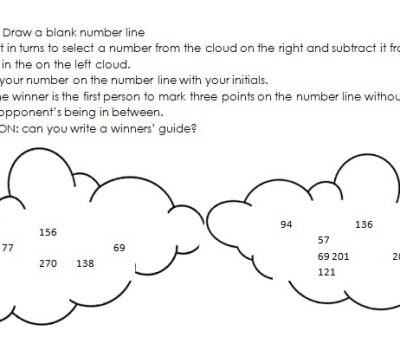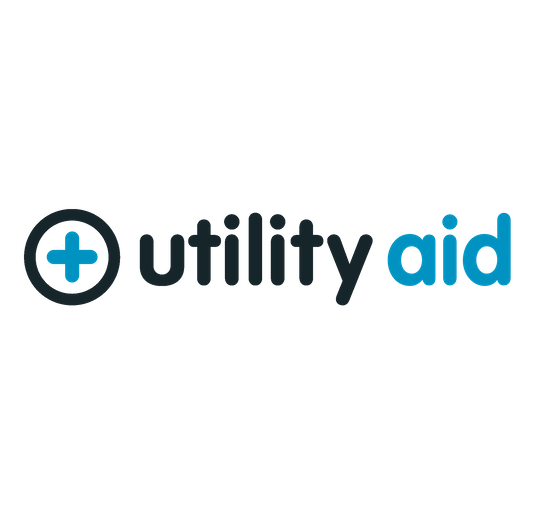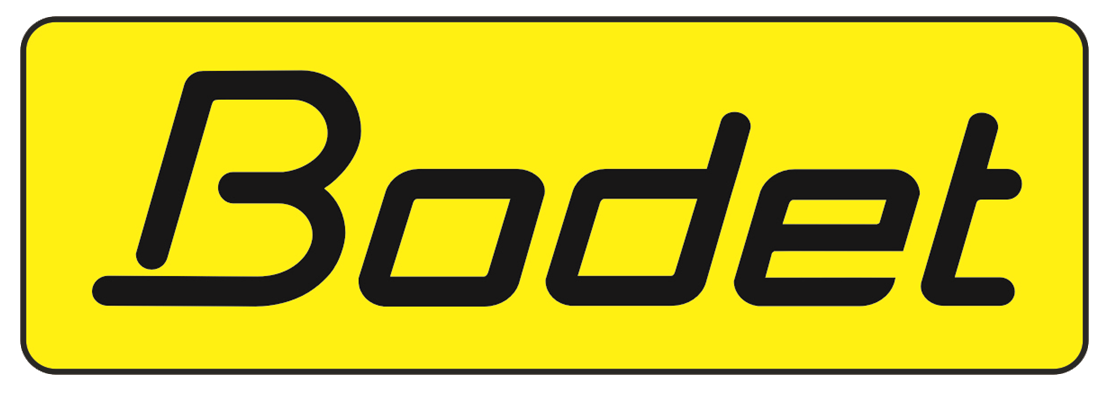


Our team sorts through all blog submissions to place them in the categories they fit the most - meaning it's never been simpler to gain advice and new knowledge for topics most important for you. This is why we have created this straight-forward guide to help you navigate our system.


And there you have it! Now your collection of blogs are catered to your chosen topics and are ready for you to explore. Plus, if you frequently return to the same categories you can bookmark your current URL and we will save your choices on return. Happy Reading!
Looking for a lesson starter to focus your class while you welcome your students and take the register? In her first NexEdBlog, Miss Davies shares how she uses Do Now in her classes.

When I started working at my current school, I found the concept of the Do Now a little bit strange. For the first six years of my career, I had been used to lining students up outside the classroom, getting students in and then starting with the register. Sometimes I would have a task as students were walking in (for example, playing them a piece of music with questions on the board), but this was not a routine in the classroom. Moving to a school with no bells, where students can enter the classroom at different times, the importance of a task on the board has become clear.
The one big rule for the Do Now? Students must be able to complete it without teacher intervention or supervision. This enables the teacher to be on the door greeting students or speaking to individual students before the lesson officially starts. As a Do Now should only take between three and five minutes to complete it also means that you can do the ‘class admin’ (for example taking the register, handing out resources) whilst students are completing the task – it’s a form of ‘lesson multi-tasking’!
I tend to use the Do Now as a form of retrieval practice (a hot topic in education at the moment!), testing students on previously learnt knowledge, whether that was in the last lesson or several weeks or months ago. Depending on the class and age group, I will either get students to write down the answers (this will be more likely with Key Stage 4 and 5) or I will get answers from students (either by hands-up or cold-call questioning). This is more likely with Key Stage 3. Within the department, we are going to introduce mini whiteboards at Key Stage 3 to ensure that every student is engaged in the Do Now at the start of the lesson.
I’m also a true believer in routine. By starting every lesson in this way, it means that students are aware of my expectations for the start of every lesson and that learning takes place from the minute students step into my classroom. It helps to set the tone for the lesson. It can also help with how the rest of the lesson will go. If a misconception in understanding is identified during the Do Now (based on knowledge learnt in a previous lesson) I can weave this into my lesson to ensure that that misconception is addressed and removed by the end of the lesson.
Here is an example of a Do Now that I have recently introduced into my GCSE lessons. The students are currently studying the Star Wars set work (Edexcel) and I have been setting theme ten key terms to learn each week (my version of the vocab test) and they have five minutes at the start of the lesson to write them down into their books. For the first two weeks I have used key terms from their current set work; in future weeks I will be mixing current key terms with previously learnt key terms from other set works. This will encourage students to also revise from their previous booklets. It is simple, self-explanatory and does not rely on teacher intervention:
If you are looking for a new routine as part of your lessons, I would highly recommend the Do Now. They are short, snappy and set the tone for your lesson.

The author

Read more

Read more

Read more

Read more

Read more

Read more

Read more

Read more


Are you looking for solutions? Let us help fund them! Nexus Education is a community of over 11,000 schools that come together to share best practise, ideas and CPD via online channels and free to attend events. Nexus also offers funding to all school groups in the UK via nexus-education.com


Established in 2011, One Education is a company at the heart of the education world, supporting over 600 schools and academies. Our unique appeal as a provider is in the breadth and synergy of the services we offer, supporting school leaders, teachers and support staff to achieve the best possible outcomes for their pupils and staff.

School Space is a social enterprise that has empowered schools for over 12 years through their profitable and hassle-free lettings services. So far, they’ve generated over £5 million in revenue for education, helping to connect over 200 schools with their local communities.


Operoo is a school operations and productivity platform. We help thousands of schools and trusts to eliminate slow, expensive and repetitive tasks. Operoo helps schools streamline and digitise processes, drastically reducing the associated costs: From student pre-admissions, permission forms, payments, and school trips; to medical information and emergency contacts, incident reporting, staff agreements, and more in over 100 languages.


Unify is an online sales and marketing tool that allows users to create tailored personalised documents in moments.


There’s nothing special about the energy we sell. In fact, it’s exactly the same energy as all our competitors provide. But there is something special about the way we do it. Where others complicate the process, we simplify it. Where others confuse customers with hidden terms, we’re an open book. And where others do all they can to make as much money from their customers as possible, we do all we can to make as little. Everything we do, we do it differently. Our customers are a privilege. One we’ll never take advantage of.


Securus provide market-leading monitoring solutions to safeguard students on ALL devices both online and offline. We also offer a full monitoring service, where we carry out the monitoring on behalf of the school, freeing up valuable staff resources. From the smallest school to large MAT groups, Securus offers safeguarding protection for all!


As European leaders of Time Management Solutions, Bodet offer Lockdown, Clock, Bell & PA Systems. Harmonys, our five-in-one IP/PoE Bell System, provides a unique customisable lockdown or panic alarm alert. Melodys, a Wireless Bell System, is useful where wiring can be difficult.